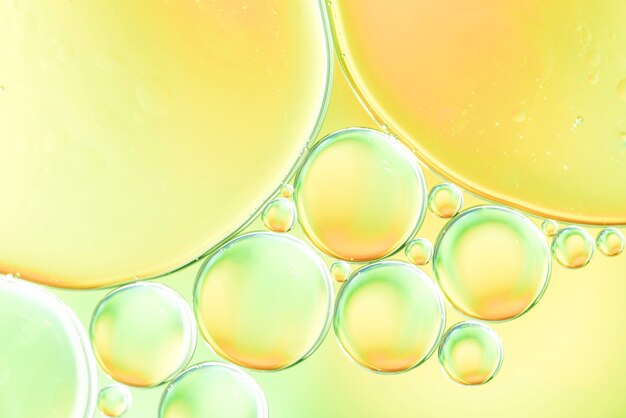
Collagen is a key protein in our bodies, essential for our skin, hair, and nails. It’s a type of polypeptide full of amino acids like proline and glycine, crucial for all connective tissues, including our vital organs. Although many beauty products boast about collagen, the real benefits come from internal consumption rather than topical application.
This protein, found mainly in animal tissues like bones and connective tissues, gives skin its elasticity, hair its strength, and makes sure our connective tissues do their job well. Collagen makes up about 30% of the body’s protein and 70% of the protein in our skin. As we age, or due to lifestyle factors like stress and an unhealthy diet, our natural collagen production decreases.
Collagen and gelatin often get confused, but there’s a distinction. Collagen is the foundational protein in the body, whereas gelatin is produced when collagen is heated. They are similar but can be confusing, especially regarding supplements. In the past, people got more collagen/gelatin naturally from home-cooked meals, like broths and bone-in meats, that contained these amino acids.
Collagen significantly benefits the entire body, but it’s most noticeable in the skin. As we age, our skin’s outer layer thins and loses elasticity, leading to more wrinkles. Fortunately, these changes aren’t permanent or irreversible. A study last year showed that women taking collagen hydrolysate for 8 weeks saw a 20% reduction in wrinkles.
Moreover, after 8 weeks, the study found increased amounts of procollagen type I and elastin in those treated with collagen compared to a placebo group. This suggests that supplemental collagen helps boost the body’s own collagen production. It also improves skin elasticity and moisture, which naturally decline with age.
The study focused on the hydrolyzed form of collagen, which the body digests more easily. There aren’t any studies directly comparing gelatin and collagen for skin benefits, so I prefer using the peptide form for skin health.
Collagen also plays an important role in other bodily functions, even if these benefits aren’t as instantly visible. When picking collagen or gelatin powders, it’s crucial to select grass-fed and pasture-raised options from trustworthy sources. I’ve verified the quality of my grass-fed gelatin and collagen powder, and I also enjoy snacking on collagen bars from Bulletproof.
Remember, this information is not personal medical advice. It’s always best to chat with your doctor. Do you use collagen or gelatin? How do you incorporate it into your routine?

